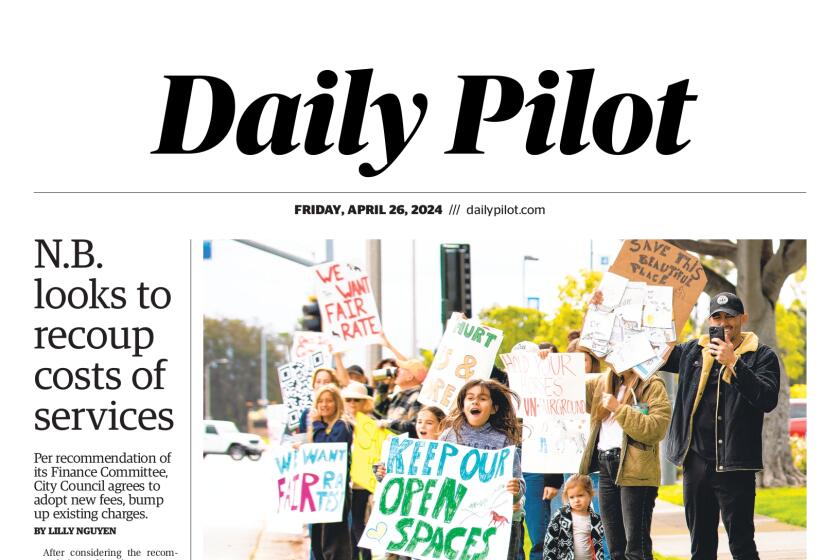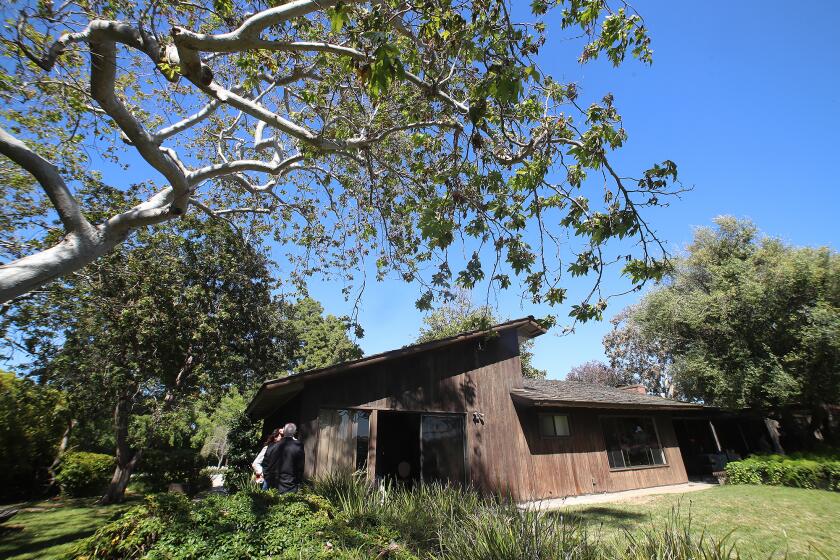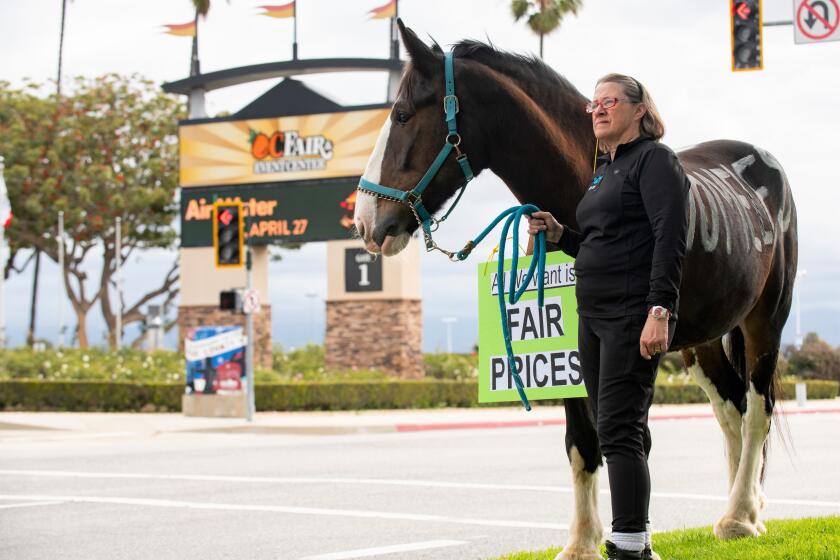Rigonomics:
It seemed like just a small change; in fact, it was only two words. But those two words changed everything. It happened at the end of a contentious three and a half hour “cut the budget” Costa Mesa City Council meeting.
The item before the council was a simple resolution from the council to the state: Opposing the sale, closure and/or relocation of the Orange County Fair and Event Center by the State of California.
This is the second time in five years the city has written one of these resolutions. The issue always comes up when the state is out of money and wants to scare the voters into raising taxes.
The tactic goes something like this; “If you do not raise taxes, we will sell your fairgrounds.” Even though it is called the Orange County Fair and Event Center, it is owned by the state.
The rocket scientists in Sacramento seem to think it is worth between $90 million and $180 million.
In reading the California Performance Report it became exceedingly clear that the state was valuing the 150 acres as if it were being sold as land for a new housing development.
Only one problem with that assumption: the property has a General Plan designation as “Fairgrounds” and “Recreational-Institutional” zoning.
The state may own the property, but the city of Costa Mesa controls the zoning. This means that whatever happens on that site would have to first be approved by the city.
The real monetary value of the site is based on what you can do on the property. If you can only use it as fairgrounds then the value would be derived from the net income the property could produce as a fairground. Keeping that in mind, let’s look at the financial operations of the asset.
Orange County has one of the most popular county fairgrounds in the state. We have some of the highest attendance records in the state for our county fair.
The swap meet, the OC Market Place, goes 46 weekends a year and on top of that there are all sorts of bookings in the exposition center almost every week the fair is not running. When you add that all up the property brings in about $31 million a year, has expenses of about $28.5 million, and nets between $1.5 million to $2.5 million per year, depending on the economy.
If you take the high number and you put a capitalization rate of 8.5% on the revenue stream, which is how you value all income producing property, it is worth $29.5 million. A far cry from the $90 million the state thinks it is worth.
Now that you know what the property is worth, let’s look at those two added words in the resolution: “Opposing the sale for redevelopment, closure and/or relocation…” What the council is saying now is that it may not be opposed to a sale if the property can only be used as fairgrounds and not for redevelopment. If the property was conveyed, as City Manager Allan Roeder put it, “We would be more than happy to see that property sold as the Orange County Fair and Exposition Center ... for only that purpose and sold locally — for local control purposes.”
To say the fairgrounds could be run more efficiently locally than by the state would be an understatement. Like all state facilities, they must follow the same strict guidelines as if they were running San Quentin. If the fairgrounds wants to hire someone they must go though the state hiring process. If there is a lawsuit they must use the attorney general’s office to defend it. If they make any purchase directly from a local retailer and not from the state they must give the state an additional 5% of the amount for the privilege.
That’s something to think about. Maybe we should consider calling the state’s bluff and buy the fairgrounds. That’s right. We, the residents of Costa Mesa and Newport Beach, could put together a community-based organization to buy the property from the state. No longer would we have to be threatened by them. We can control our own destiny and make sure the property always stays our beloved fairgrounds.
To some people in Orange County it may not matter what happens to the fairgrounds, but for the residents of Costa Mesa and Newport Beach it is part of the fabric of who we are.
Now, I understand that there would be a lot of issues. Who would run it? How would we buy it? How is the taxpayer protected? How do we make sure it always stays our fairgrounds? These are fair questions. There are many more but now may be the time for community leaders to start asking those questions. Maybe after we get all those questions answered, we decide not to buy it. Fine, but at least we asked the right questions.
JIM RIGHEIMER is a Costa Mesa planning commissioner, a local developer and a GOP activist. He may be reached at jim@rigonomics.com.
All the latest on Orange County from Orange County.
Get our free TimesOC newsletter.
You may occasionally receive promotional content from the Daily Pilot.



